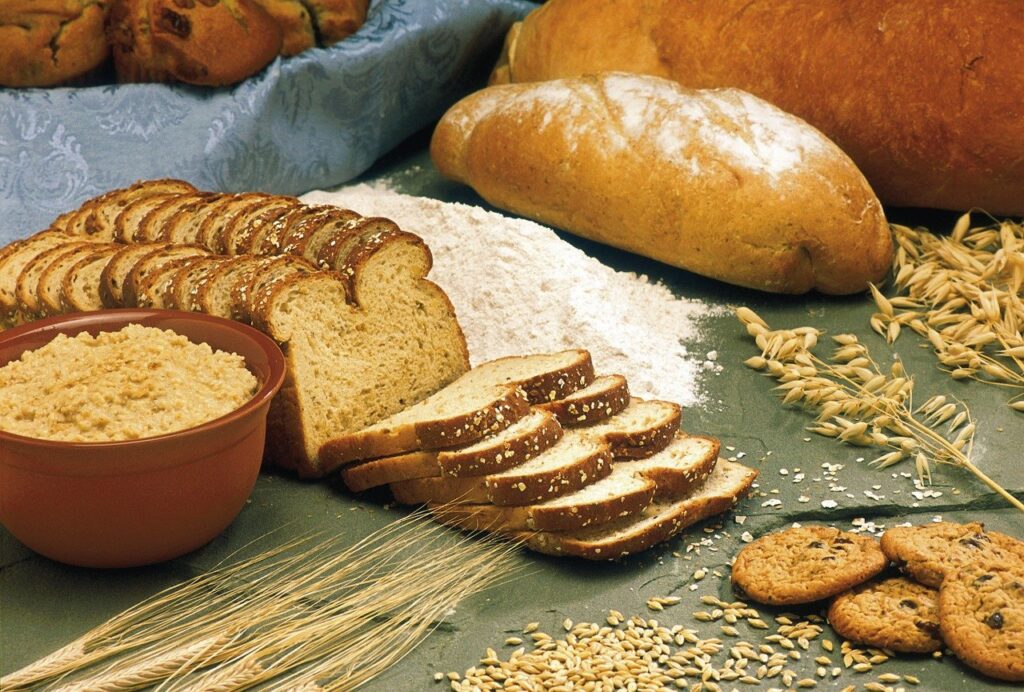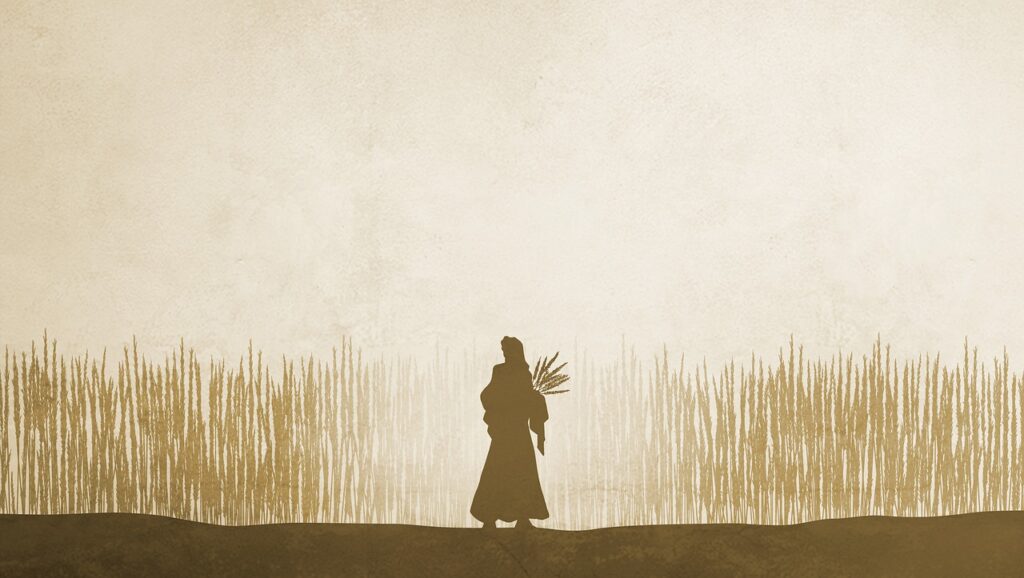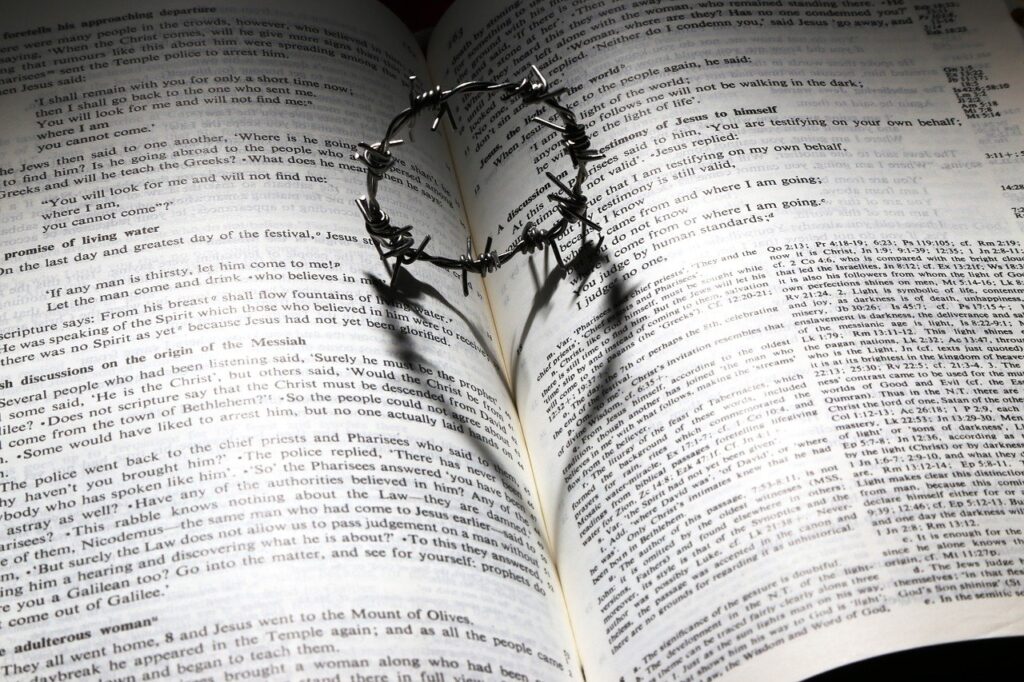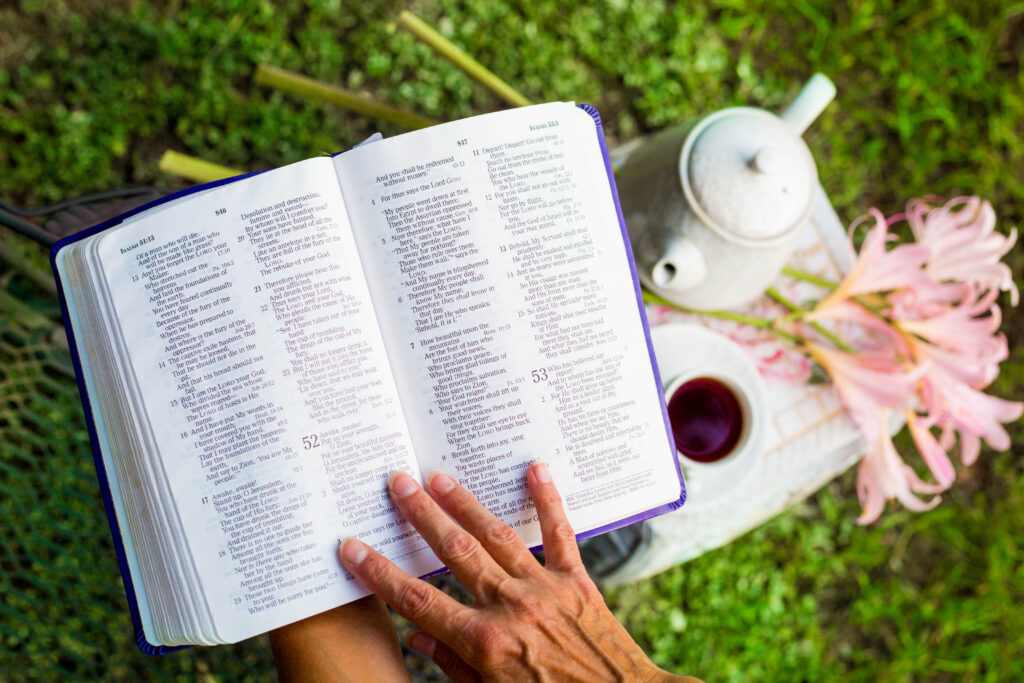Four Ways to Reclaim God’s Feast, Shavuot, and the Reason We Should

Mark June 5th on your calendar!
Yesterday we celebrated Memorial Day in America. Yet, a day of even greater importance—eternal significance—is just five days away. Can you guess what it is?
Pentecost! This celebration originated as the Jewish feast Shavuot, also known as the Feast of First Fruits. Its eternal fulfillment occurred when the Holy Spirit descended on the church—the first fruits of God’s Kingdom.
Only Shavuot is celebrated with fluffy, leavened bread. Leaven represents sin in Scripture; both leaven and pride puff things up. The two leavened loaves of bread waved before the Lord at Shavuot foreshadowed two sinful peoples—Jews and Gentiles—coming together in the Kingdom of God.

The Jews celebrate the giving of God’s Law to Moses on Shavuot, as many sects of Christianity celebrate the giving of God’s Spirit—the writing of the Law on our hearts (Ezekiel 36:24-27).
The Law calls Shavuot the feast of weeks, celebrated seven Sabbaths after the last Sabbath of Passover (forty-nine days plus one). Another tradition that the Jews adopted during this feast was the reading of the book of Ruth.
The book of Ruth records Ruth’s faithfulness to her Hebrew mother-in-law, Naomi, and their return from Moab to Bethlehem, the House of Bread. Ruth is a Moabite—a Gentile. The Jews read this book because the story takes place during the harvest of First Fruits. But the veil over Jewish eyes has blinded them to the greater message of the book.
This tiny story ebbs and flows with massive Messianic undercurrents. The book of Ruth establishes the linage of King David (the Messianic line). The story hints at two other Gentile women in David’s family, Tamar (mother of Perez whom she bore to Judah) and Rahab (Boaz’s mother who hid the Israelite spies in Jericho and joined the nation of God’s chosen people). Matthew names all three of these women in the genealogy of Jesus (Matthew 1:1-6). The central theme of Ruth is redemption which is also the primary mission of Yeshua Ah Messiah—Jesus the Christ.

While many liturgical Christian churches still celebrate Pentecost (the fiftieth day after the feast of unleavened bread following Passover), this day feels forgotten in evangelical circles. “In many evangelical churches in the United States, the secular holiday, Mother’s Day, maybe more celebrated than the ancient and biblical feast of Pentecost.” (from Wikipedia’s article on Pentecost). What might we be missing out on? His annual feasts for Israel foreshadow His redemptive work through time.
At the first Pentecost, a Jewish band of disciples gathered in the upper room. They embraced Jesus as their Messiah; yet, they failed to see the symbolism of the wave offering of bread. Eventually, Peter went to Cornelius’s house and witnessed the Holy Spirit come upon these Gentile believers. God revealed the mystery of the two leaven loaves.
How might we, as Gentile believers, grafted into the people of God, remember the fulfillment of this solemn feast? As lovely as some of the liturgical traditions are, I feel these fail to embrace God’s heart for the redemption of Israel. The Apostle Paul expresses his heart for Israel in his letter to the predominantly Gentile church in Rome.
“Brethren, my heart’s desire and prayer to God for Israel is that they may be saved.” Romans 10:1

- Jewish people need the Gospel. A great way to celebrate Pentecost is to pray for Israel. Ask God to rescue the Jewish people from trusting in their righteousness and receive, by faith, the redemption of Messiah (Romans 10:2-4). Pray they hear the Gospel as they read the book of Ruth.
- Read the book of Ruth. It only takes about twenty minutes, and it’s a riveting story (My granddaughter loves it when I read Ruth to her!). Ask God to open your eyes to the beauty of His redemptive work.
- Be grateful we were grafted into God’s Kingdom. God, in a sense, baked us together with the Jews—like the loaves of Shavuot—two sinful peoples joined for His glory (Romans 11:23-24). Pentecost should be a day of thanksgiving for the harvest of the First Fruits. That’s us, His church!
- Taste and see the Lord is good. A delicious way to celebrate would be baking two loaves of bread. If you want to get fancy, you could branch the loaves together with a dove-shaped piece of dough as a symbol of the Holy Spirit. As you enjoy this treat, explain the importance of this day to your children and grandchildren and any guests you may invite to celebrate with you.

Sisters, let’s reclaim the wonder of God’s festival and celebrate Pentecost, a memorial day far better than one that just passed.
Shalom!







